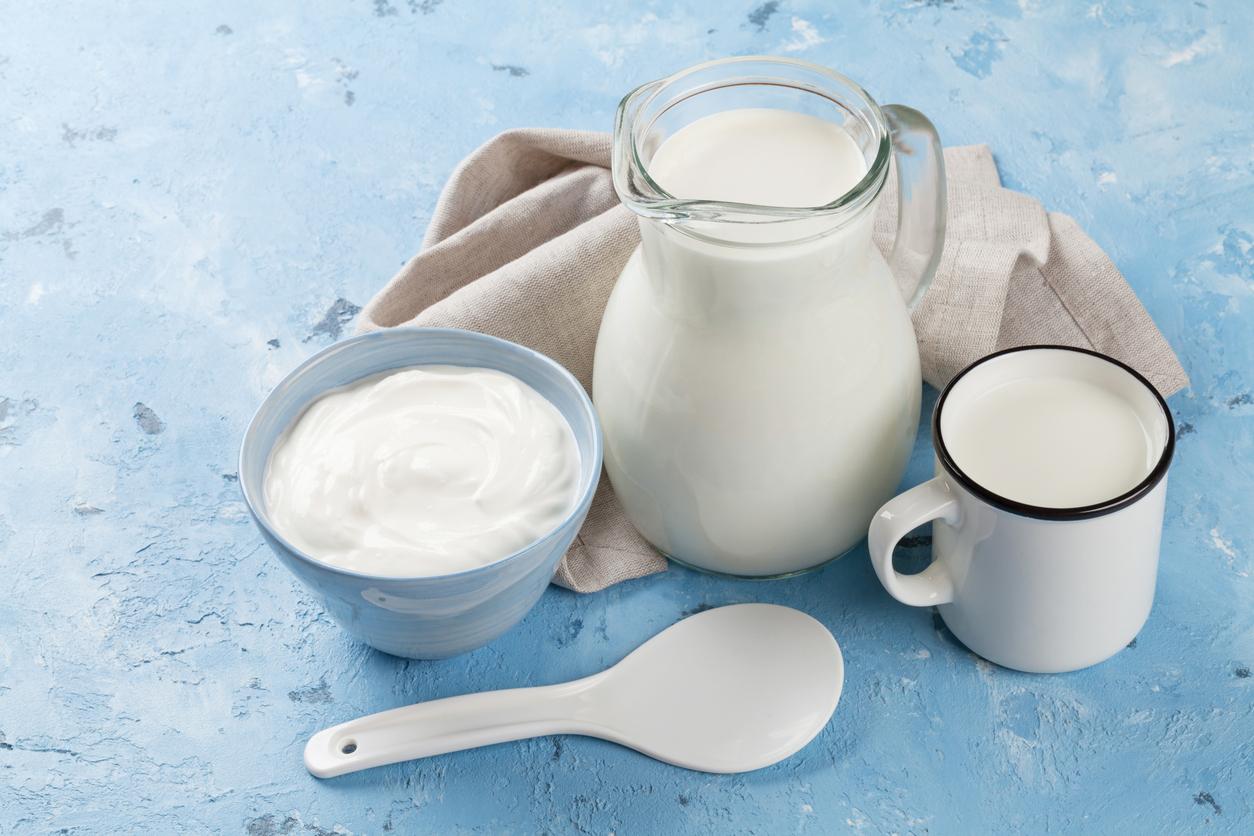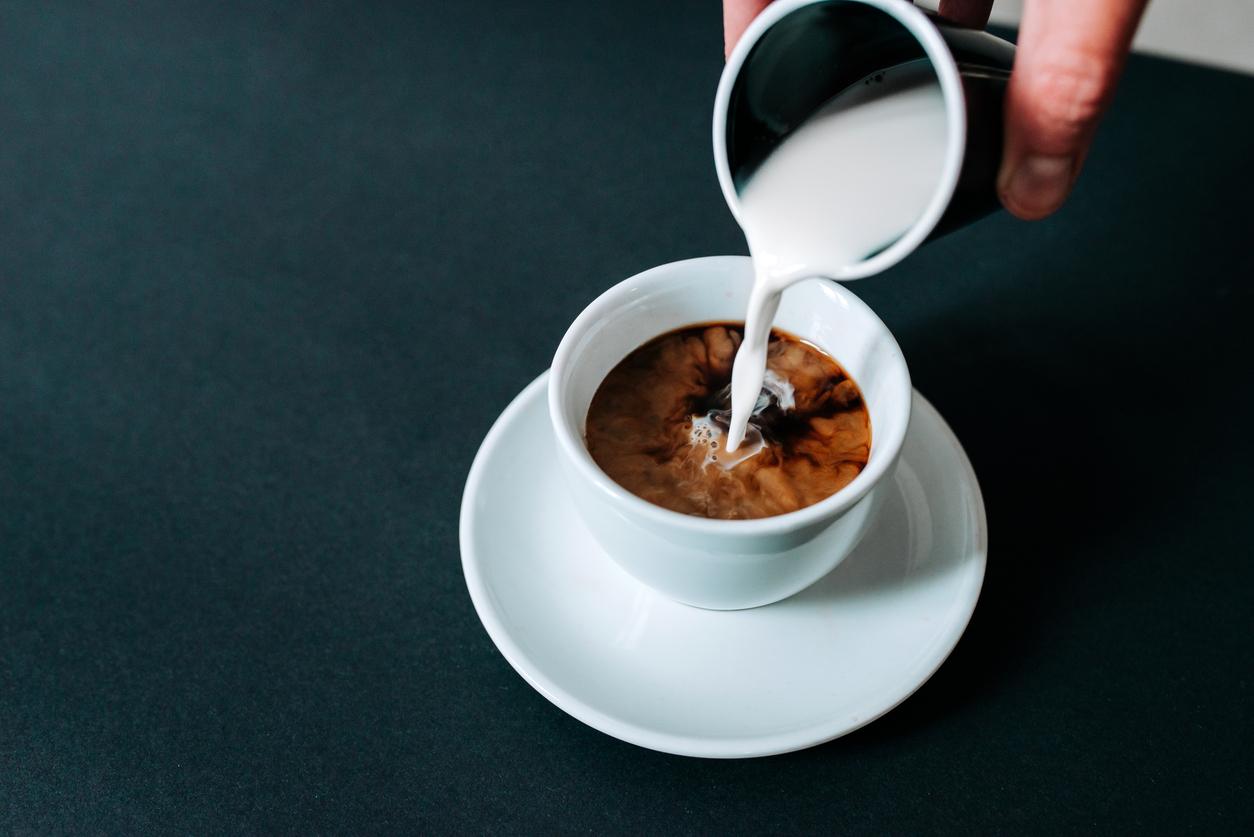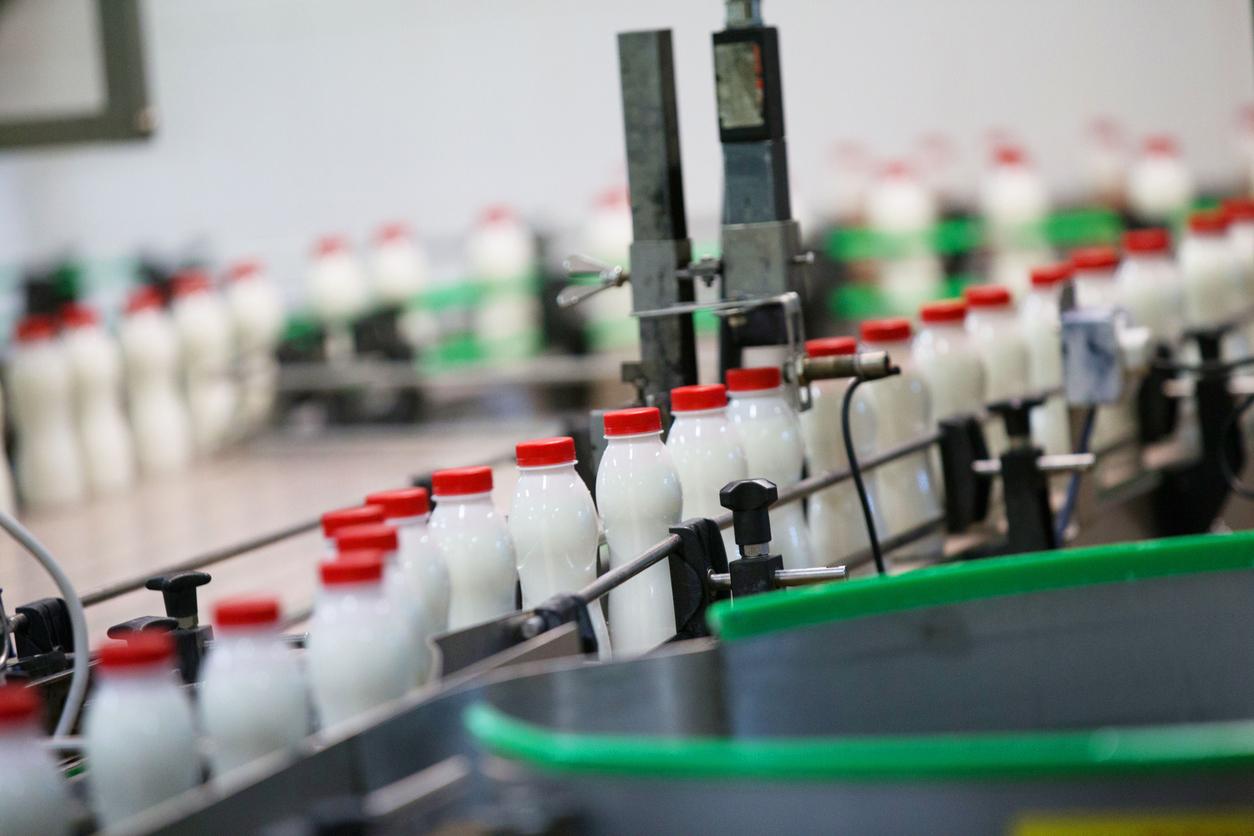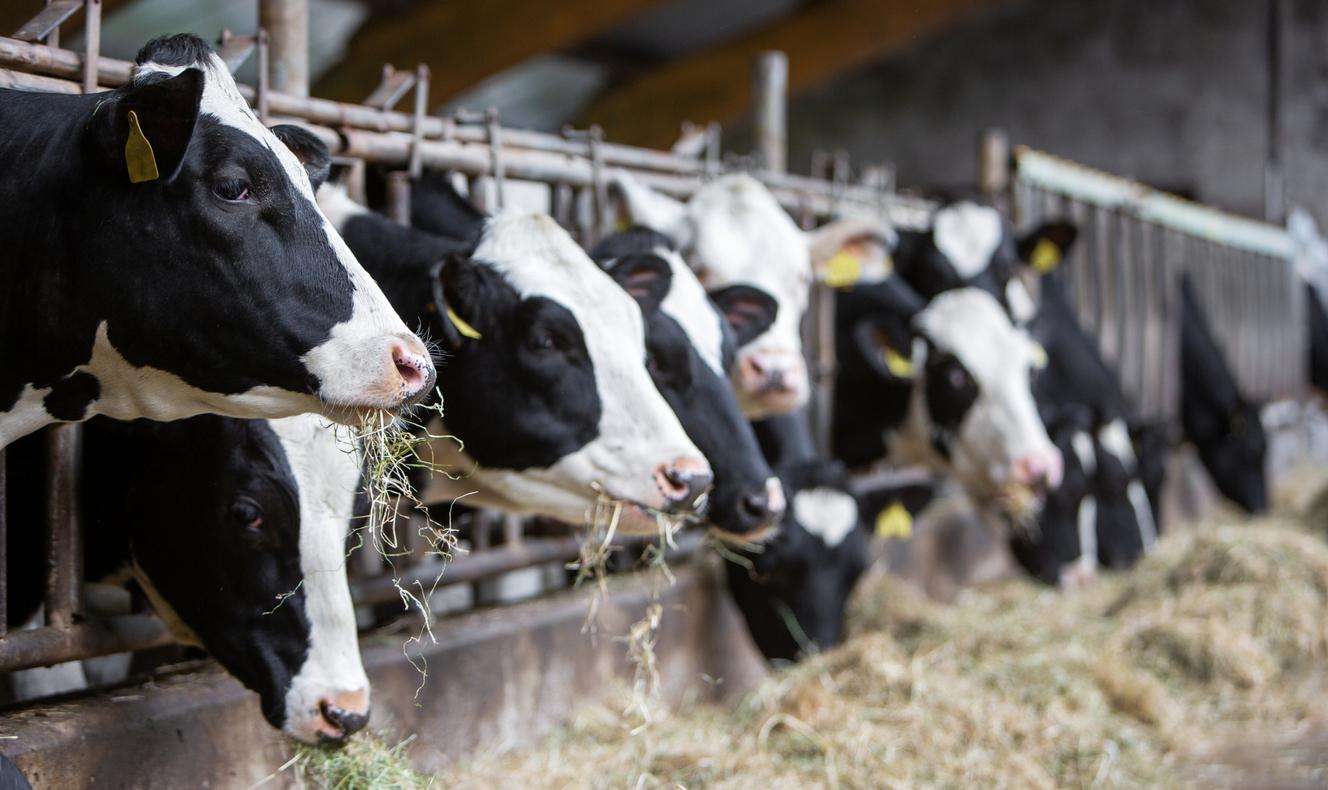MONTREAL (PasseportSanté.net), December 4, 2003 – Milk formulas are a dangerous product that harms infants and the government must do more to control the industry that markets them, said two speakers on the first day of the symposium public health program “We are watching over the future” which takes place in Montreal.
“We have to change the language,” said Elisabeth Sterken, who heads the North American chapter of the International Network of Action Groups for Infant Feeding, an organization that works to reduce infant mortality and morbidity. Stop emphasizing the benefits of breastfeeding and start talking about the dangers of not breastfeeding. “
While everyone agrees that breast milk is arguably the best nutrition for a newborn baby, not everyone goes as far as Ms. Sterken.
“It seems a little pushed to me to say that milk formulas are a dangerous product,” says dietitian Hélène Baribeau. Milk formulas should be considered the same as dietary supplements. “
The basic structure of milk formulas corresponds to the basic needs of an infant, continues Ms. Baribeau, with the exception of molecules that stimulate the immune system and fats that help brain development. Parents of a child who has been fed exclusively with a milk formula will be able to compensate by taking care to include in his diet fruits and vegetables (which contain vitamins to stimulate the immune system), proteins from various sources (beef, chicken, legumes) and healthy fats for the brain (nuts, seeds).
“We must not forget that there are formula-fed infants who are very intelligent and breastfed infants who are less intelligent,” she continues. The education and stimulation that the child receives have a lot to do with it. “
Government laxity?
In the same vein, with his colleague DD Laura Haiek, of the Direction de santé publique de la Montérégie, Elisabeth Sterken denounced the lack of vigor shown by the Canadian government when violations of the International Code of Marketing of Breastmilk Substitutes are committed, a document that Canada has ratified. in 1981. For example, a company recently reported with impunity that its milk formula made infants smarter, a violation not only of the Code but also of Canadian law.
The two interveners also denounced certain marketing practices in the industry, in particular the distribution of free samples.
“The patient who receives a sample from her pediatrician or nurse has the impression that a healthcare professional is approving the use of the product,” said Sterken. And we know that 93% of parents who receive a sample will then go and buy the product. “
Ms. Sterken and Ms. Haiek would like to see the government invest more in programs like “Baby Friendly Hospital”2, an initiative put forward by the UN which promotes breastfeeding and mother-child cohabitation in hospital. Over 18,000 hospitals are certified “Baby Friendly” around the world, but Canada has only two.
Jean-Benoit Legault – PasseportSanté.net
1. IBFAN. www.ibfan.org
2. Baby Friendly Hospital Initiative. cofam2002.free.fr















